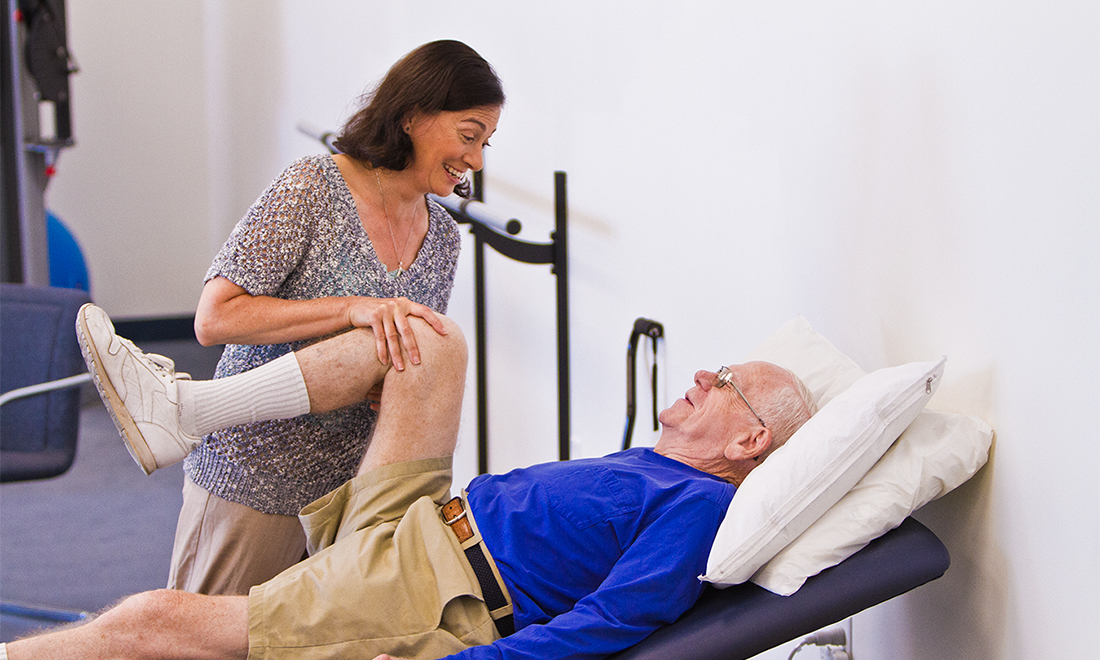Enhancing Rehabilitation Results Via Effective Practical Movement Screening Guidelines
Operational Movement Assessment (FMS) is a beneficial instrument used to evaluate an individual's movement mechanics. This screening aids identify any weaknesses or imbalances in the musculoskeletal system, which can result to injuries if not corrected. In rehabilitation contexts, FMS can serve a crucial role in improving recovery results. By understanding how each person navigates, healthcare professionals can develop targeted recovery programs that concentrate on improving strength, flexibility, and general performance.One of the key benefits of using FMS in recovery is its capability to pinpoint particular aspects that need improvement. For instance, if a patient has difficulty with squat movements or lunging, it may indicate a deficiency of mobility in their hip joints or ankles. This information allows clinicians to create customized fitness regimens that highlight addressing these deficits. As a consequence, patients are more likely to regain their power and functionality, which is essential for resuming to daily activities or athletics.

Implementing efficient FMS procedures can also assist prevent future injuries. Many injuries happen due to poor movement patterns or overuse of certain muscle groups. By evaluating individuals before they start a recovery plan, clinicians can identify hazards and establish strategies to minimize them. Educating patients about proper mobility patterns and strengthening weak aspects can lead to sustained benefits, promoting that they stay active and fit.
Moreover, the use of FMS can enhance dialogue between healthcare providers blog here and patients. When patients see their movement patterns assessed and clarified, they gain a better understanding of their recovery process. This clarity builds trust and motivates patients to take an active part in their rehabilitation. By involving patients click for more info in their recovery journey, they are more likely to follow to prescribed activities and lifestyle adjustments that support better outcomes.
In summary, improving rehabilitation outcomes through effective operational mobility screening procedures is crucial for both patients and healthcare providers. By precisely evaluating movement patterns, therapists can develop customized recovery programs that meet individual needs. This not only facilitates in recovery but also helps avoid future harm. As patients become more involved in their recovery process, they are likely to achieve their objectives and sustain a healthy, engaged way of living.